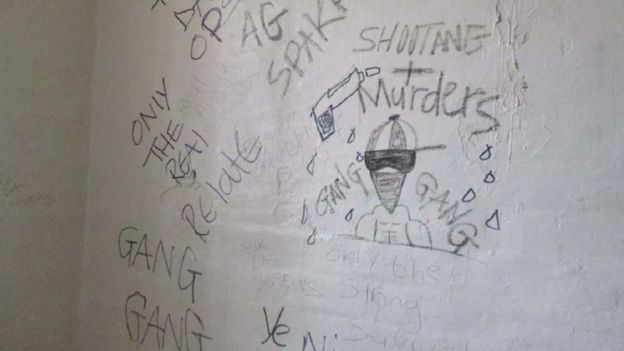There had been an improvement in safety at the troubled HMP Birmingham but progress has been ‘undermined’ by failure to accurately record violence and self harm, according to the latest prisons inspection.
As a result of a 2018 inspection, then then chief inspector Peter Clarke triggered the ‘urgent notification’ scheme bringing one of the largest prisons in Britain, then run by G4S, back under state management. Clarke called it ‘fundamentally unsafe’ and ‘failing in its responsibility to protect the public’.
His successor Charlie Taylor has now given an overall ‘encouraging report’. ‘Given Birmingham’s recent history, its continued provision of decent living conditions and a calm, well-ordered environment suggest improvements are being embedded,’ he said.
Whilst the latest report records ‘some good work to promote safety’, progress was ‘undermined by the safety team’s failure to record accurately all acts of violence and self-harm’.
Self-harm fell in the early weeks of lockdown but returned to previous levels in June 2020, averaging 73 incidents a month. Of the 448 incidents that took place in the previous six months, 41 had not been reported correctly. In the six months to the inspection, managers reported 90 incidents of violence however inspectors reckoned a further 68 incidents had been ‘miscategorised’.
From September 2020, there had been 451 incidents of force being used, a 50% increase on the previous six months which was attributed to ‘prisoners’ ongoing frustration at being locked up for long periods’.
The prison was also criticized for arrangements for newly-arrived prisoners being held in quarantine for 14 days to prevent transmission of COVID-19. More than 100 prisoners had tested positive following three previous outbreaks. Inspectors found prisoners who arrived up to seven days apart had to share cells and social bubbles had both recently arrived prisoners and those about to move into the main population. Prisoners about to be discharged were allowed to exercise and associate with prisoners who had just arrived, increasing the risk of infection spreading throughout the prison.
Charlie Taylor said the scheme for new arrivals required ‘immediate attention’.







